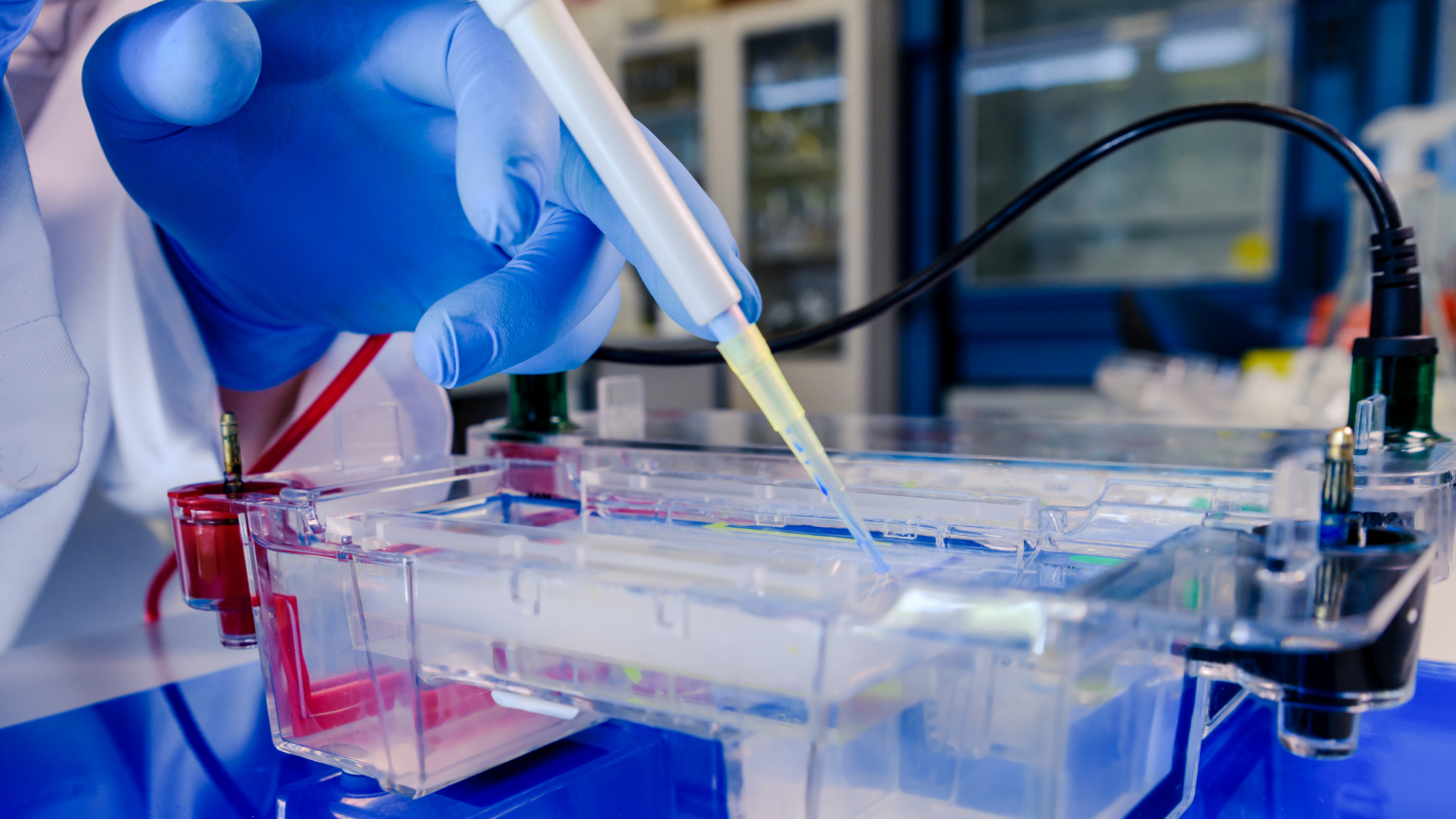Understanding Ethylene Oxide Sterilization
Ethylene oxide sterilization entails the utilization of ethylene oxide gas to eradicate bacteria, viruses, fungi, and other microorganisms from medical devices and equipment. This method presents several advantages, including its penetrative capability into intricate materials and its compatibility with diverse medical devices. Nevertheless, the effectiveness of EO sterilization relies significantly on maintaining optimal conditions and monitoring its efficacy through the use of a biological indicator.
The Indispensable Role of a Biological Indicator
A biological indicator serves as an indispensable tool for evaluating the performance and efficacy of the sterilization process. Comprising highly resistant microbial spores intentionally exposed to the sterilization agent, which in this case is ethylene oxide, the BI provides invaluable information regarding the effectiveness of the sterilization cycle by assessing the viability of these spores following exposure. Advanced Sterilization Products Services Inc: Revolutionizing Sterilization Solutions
Key Attributes of an Effective Biological Indicator
To surpass other websites in search engine rankings, it becomes essential to focus on key attributes that render a biological indicator for ethylene oxide sterilization superior. The following characteristics are vital for an effective BI:
- Unyielding Resistance
The biological indicator must consist of robust, highly resilient spores capable of enduring the sterilization process, including exposure to EO gas.
- Consistent Reproducibility
Consistency and reproducibility form critical factors in validating the efficacy of the sterilization process. A reliable BI should yield consistent results, ensuring the quality and safety of sterilized medical devices.
- Swift Readout
Timely readout of the BI's results stands as paramount for efficient workflow management within healthcare facilities. Opting for a BI with a shorter incubation period allows for quicker feedback, enabling healthcare professionals to make prompt, informed decisions.
- Regulatory Adherence
To ensure compliance with industry standards and regulations, it becomes vital to select a biological indicator that meets the stringent requirements set forth by regulatory bodies such as the FDA. This guarantees the credibility and reliability of the sterilization process.
The Importance of Implementing a Biological Indicator for EO Sterilization
By integrating a high-quality biological indicator within the sterilization process, healthcare facilities can achieve unparalleled sterility assurance, thereby enhancing patient safety. The advantages of implementing a BI for EO sterilization include:
- Augmented Patient Safety
Patient safety remains of utmost importance in healthcare settings. The utilization of a biological indicator provides an additional layer of assurance that medical devices undergo thorough sterilization, thus reducing the risk of infections and complications.
- Quality Assurance
Incorporating a biological indicator as part of a comprehensive quality assurance program ensures that the sterilization process consistently meets the desired standards. This fosters increased confidence in the efficacy of the sterilization procedures.
- Mitigation of Risks
Ethylene oxide sterilization involves a complex process encompassing multiple variables. By integrating a biological indicator, healthcare facilities can proactively identify potential issues and promptly address them, thereby minimizing the risk of compromised sterilization.
Conclusion
Within the context of ethylene oxide sterilization, a
biological indicator assumes a pivotal role in upholding the highest standards
of sterility assurance. Through robust spore testing, the biological indicator
effectively assesses the efficacy of the sterilization process, ensuring
patient safety and mitigating the risks associated with incomplete
sterilization. By prioritizing the selection and implementation of a reliable
biological indicator, healthcare facilities can confidently optimize their
sterilization practices, fostering a safe environment for patients and
healthcare professionals alike.
Read More: The Best eto sterilization linden nj: Ensuring Safety and Quality

